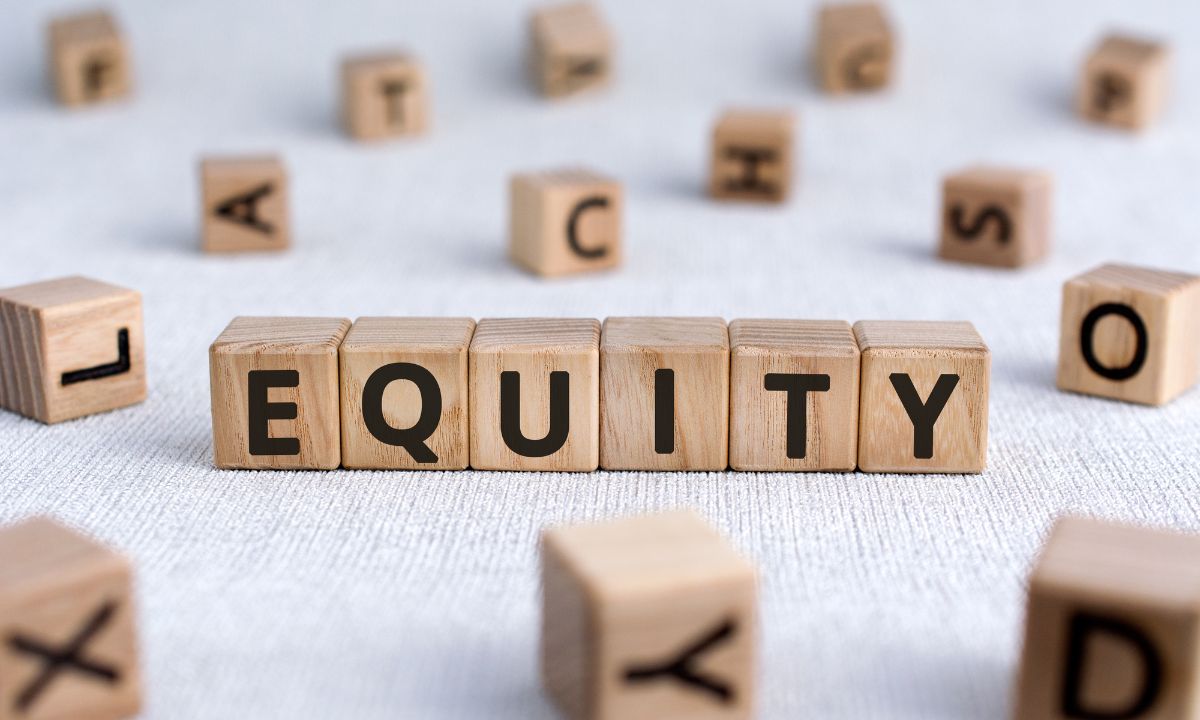 Your home equity represents one of your most valuable assets. When it comes to borrowing against that equity, many homeowners question how much can they borrow. Understanding the amount of equity you can tap into today is essential, especially if you’re considering a home equity loan or line of credit (HELOC) for major expenses like home improvements, debt consolidation, or other financial needs.
Your home equity represents one of your most valuable assets. When it comes to borrowing against that equity, many homeowners question how much can they borrow. Understanding the amount of equity you can tap into today is essential, especially if you’re considering a home equity loan or line of credit (HELOC) for major expenses like home improvements, debt consolidation, or other financial needs.
What is Home Equity?
Home equity is the difference between your home’s current market value and the outstanding balance on your mortgage. As you pay down your mortgage and your property’s value increases, your equity grows. The more equity you have, the more borrowing power you hold.
Factors That Determine How Much You Can Borrow
When borrowing against your equity, lenders typically allow you to access up to 85% of your home’s value, minus what you owe on your mortgage. This percentage is known as your Loan-to-Value (LTV) ratio. For example, if your home is worth $500,000 and you still owe $250,000, you may be able to borrow up to $175,000 (85% of $500,000 is $425,000, and subtracting the $250,000 mortgage leaves you with $175,000 in available equity).
Lenders will also consider your credit score, income, and current debt levels when deciding how much equity they are willing to lend.
Types of Equity Loans
There are two primary ways to borrow against your home’s equity:
- Home Equity Loan: A lump-sum loan with a fixed interest rate, repaid over a set term.
- Home Equity Line of Credit (HELOC): A revolving credit line that you can draw from as needed, often with a variable interest rate.
Benefits of Borrowing Against Equity
Borrowing against your home’s equity can offer several advantages, including:
- Lower Interest Rates: Since these loans are secured by your property, they often have lower interest rates compared to personal loans or credit cards.
- Tax Benefits: In some cases, the interest you pay on home equity loans may be tax-deductible. Check with a tax professional for details.
- Flexible Uses: Whether it’s for home renovations, education costs, or debt consolidation, using your home’s equity gives you financial flexibility.
Key Considerations Before Borrowing
Before tapping into your home’s equity, it’s important to weigh the risks:
- Increased Debt: Borrowing against your home increases your overall debt, which could affect your financial stability if not managed wisely.
- Risk of Foreclosure: Failing to repay a home equity loan or HELOC could put your home at risk of foreclosure.
- Market Fluctuations: If home values decline, you could owe more than your home is worth, making it difficult to sell or refinance.
Is Now the Right Time to Borrow?
With interest rates fluctuating, it’s a good idea to consult with a mortgage professional to explore your options. They can help you determine whether borrowing against your equity makes sense for your current financial situation.
If you’re thinking about using your home’s equity, understanding how much you can borrow is the first step. Contact us today to discuss your unique situation and get tailored advice on how to make the most of your home’s value.
 As a homeowner, you might be sitting on a valuable asset without even realizing it—your home equity. Tapping into this equity through a cash-out refinance can open up financial opportunities you hadn’t considered. Here’s how you can unlock your home’s equity with a cash-out refinance and what you need to know before diving in.
As a homeowner, you might be sitting on a valuable asset without even realizing it—your home equity. Tapping into this equity through a cash-out refinance can open up financial opportunities you hadn’t considered. Here’s how you can unlock your home’s equity with a cash-out refinance and what you need to know before diving in.